Welcome to our blog
We’re thrilled to have you here and can’t wait to share our journey with you.
This space is dedicated to exploring a myriad of topics, offering insights, and sparking conversations. Whether you’re here for inspiration, information, or just a good read, we’re committed to providing you with content that resonates.
-
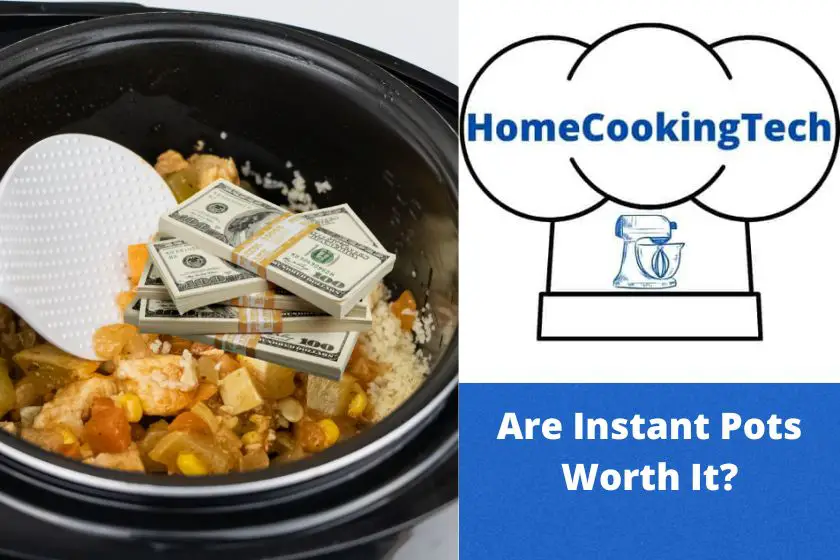
Cooking with an Instant Pot = SAVE 30$ Each Time
So quick and short answer is that the instant pots are worth it. They might not replace all your home cooking tech you have, but they will do their best. There is sauteing, steaming, searing, yogurt making, even baking, and many other techniques and options that can instant pots provide.
-
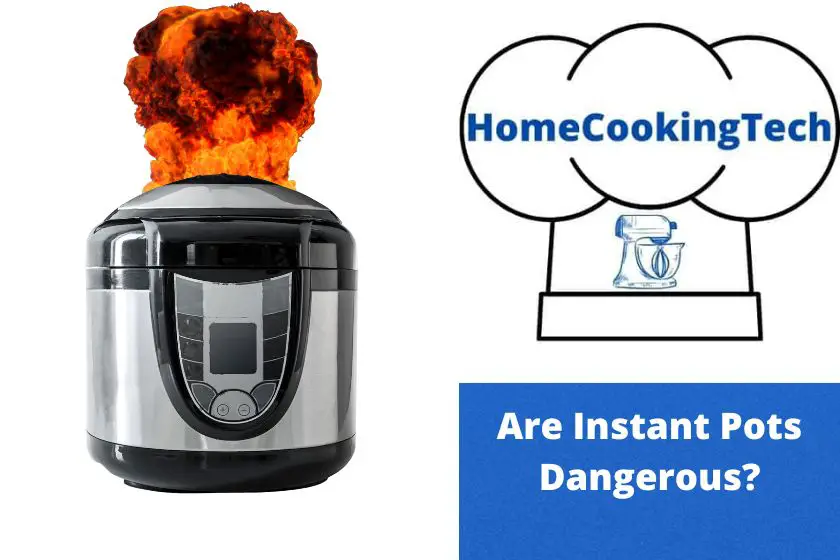
Are Instant Pots Dangerous? And How to Stay Safe
In general, you can say that yes, instant pots are safe. If you are following the instructions and you are not overconfident in your abilities and options. But, as always, anything can happen…
-
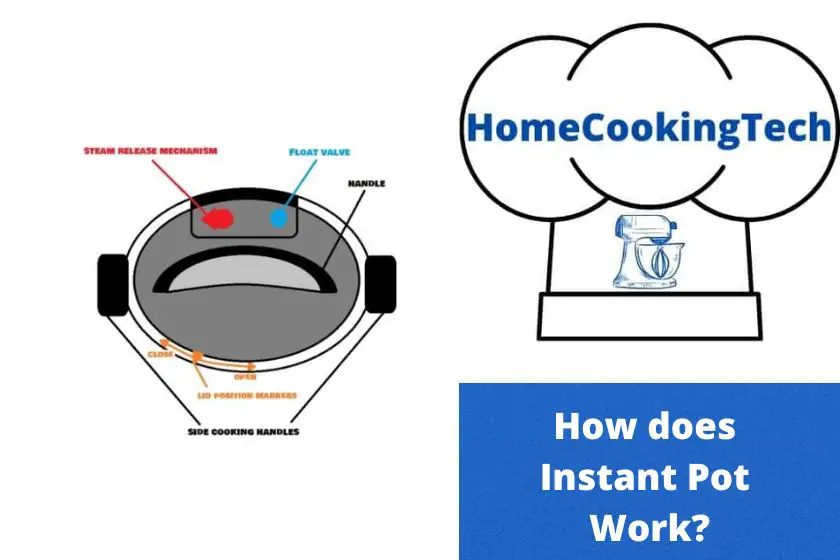
How Does Instant Pot Work?
The instant pot works on a pressure basis. It can create significant pressure and temperature above 212°F (100°C) and force the heat into the food via the mentioned pressure to fast forward the cooking process.
-
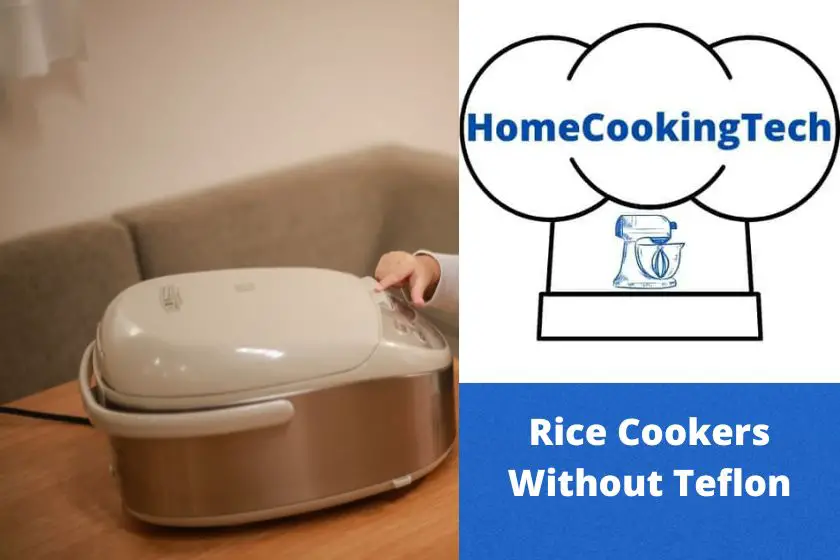
Rice Cookers Without Teflon
To stay on the safe side, stick with any rice cooker that has a ceramic bowl. Now that you know what rice cooker without Teflon you should aim for, let’s take a closer look at the whole topic.
-
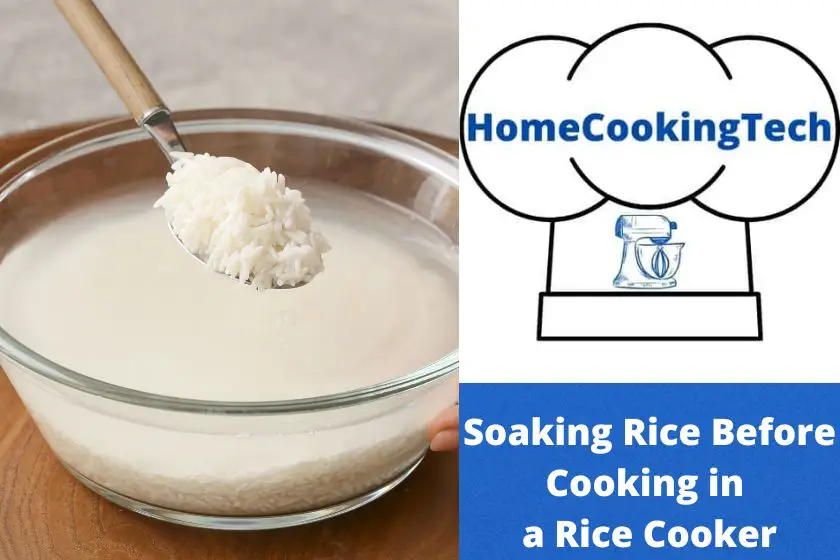
Soaking Rice Before Cooking in a Rice Cooker
My grandmas’ recipes recommend it. What could be so bad about it? It helps me to cook rice faster. So why is soaking rice before cooking in a rice cooker a bad thing?
-
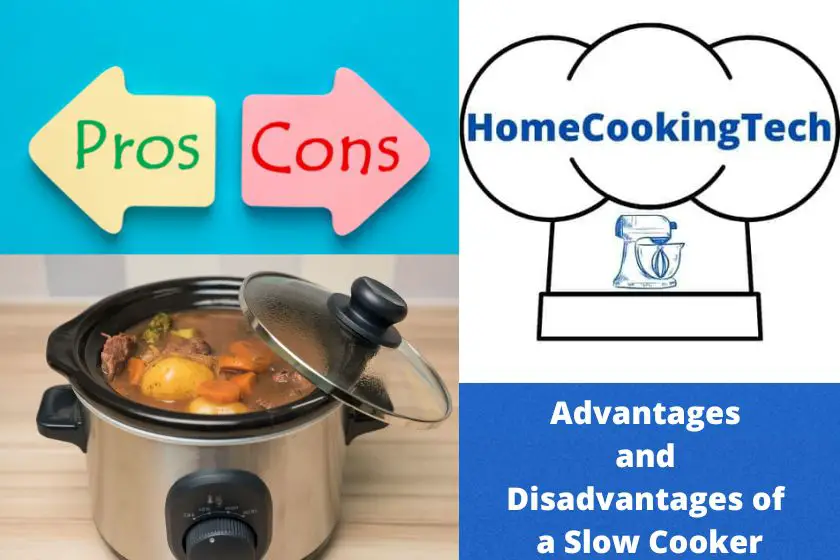
PROs and CONs of a Slow Cooker
You might have heard about them, used them, or be thinking about getting one for yourself. A magical cooking appliance that allows you to throw ingredients in it, turn the knob and leave. After a few hours, you return to a sexy, tasty, ready-to-eat meal to enjoy with your family or friends. This is the…
-
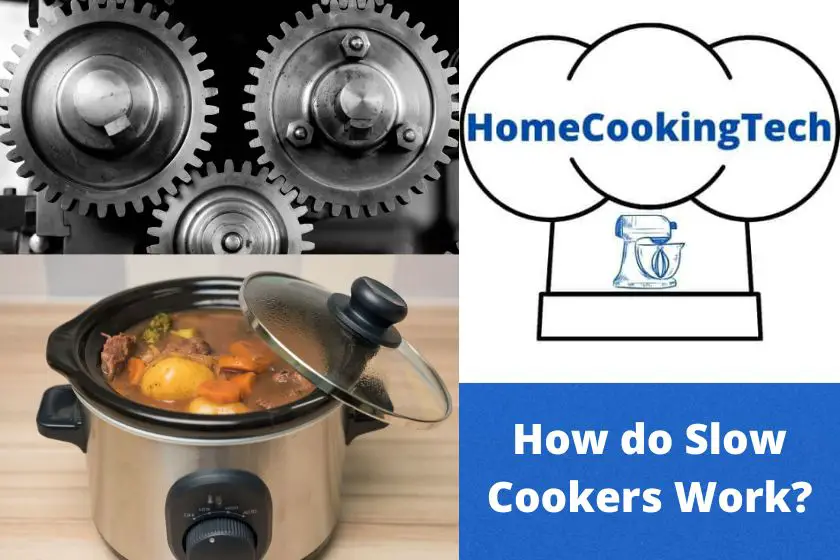
How do Slow Cookers Work?
A slow cooker is a pot that slowly heats up and cooks the ingredients. It does so over a long period, by keeping the temperature under 212°F (100°C) otherwise called a simmering point. The process allows ingredients to break down, bond together, and provide a deep flavor experience. Cooking this way is regarded as a…
-
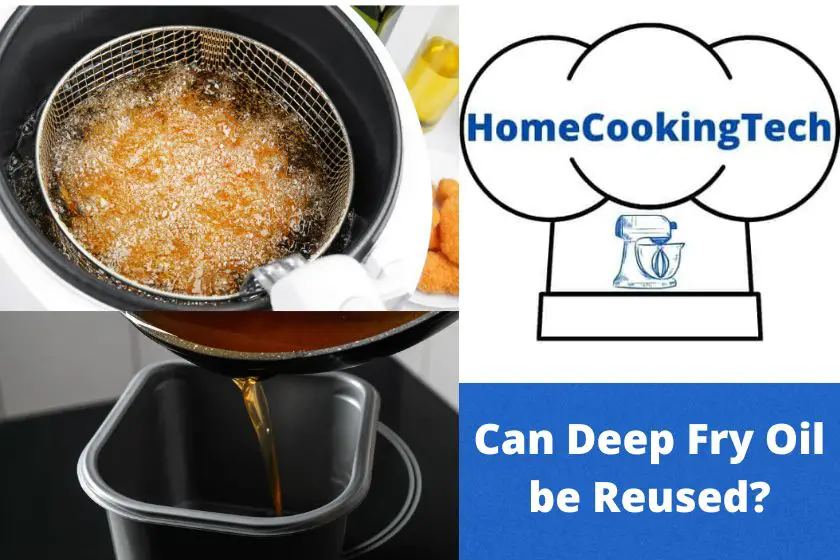
Can Deep Fry Oil be Reused?
It can be! If you are interested in how and what to look for, then join me in this oil reusing journey as we take a closer look at the question.
-
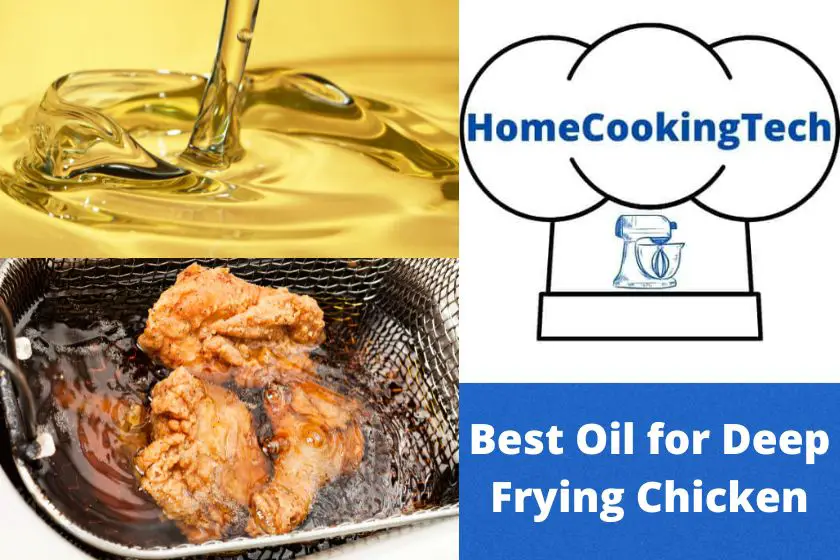
Best Oil for Deep Frying Chicken
The oil that is in almost every US household today. Vegetable oil Now, if you are interested in more details as to why is it the case, why you should use vegetable oil, and is there some alternative, then read on my friend.
-
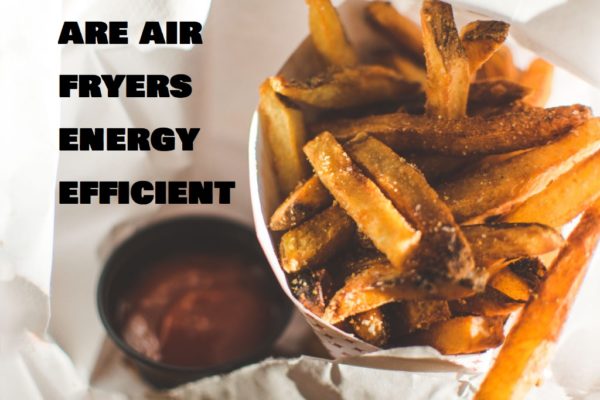
Are Air Fryers Energy Efficient?
And I would say: In general, yes, but, and you might have imagined there will be something like this, why and how are they energy efficient?
